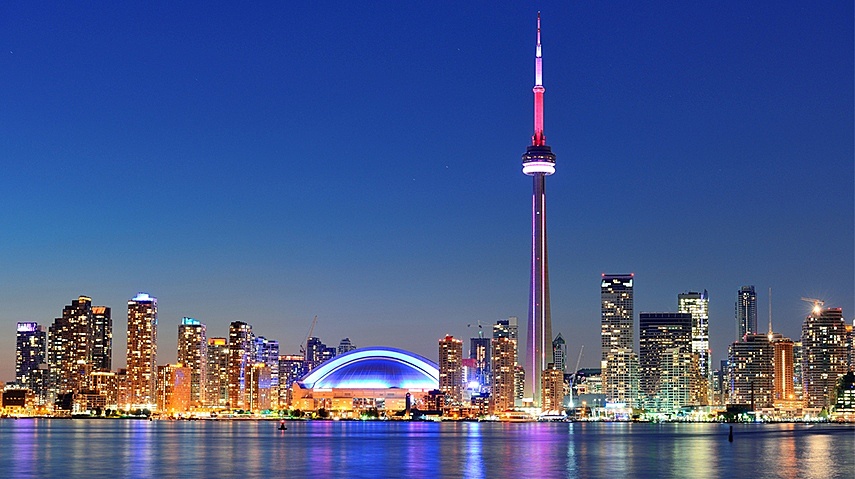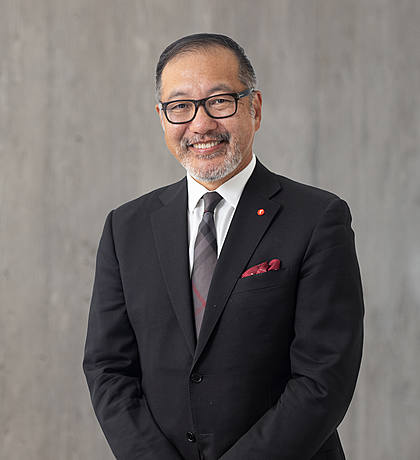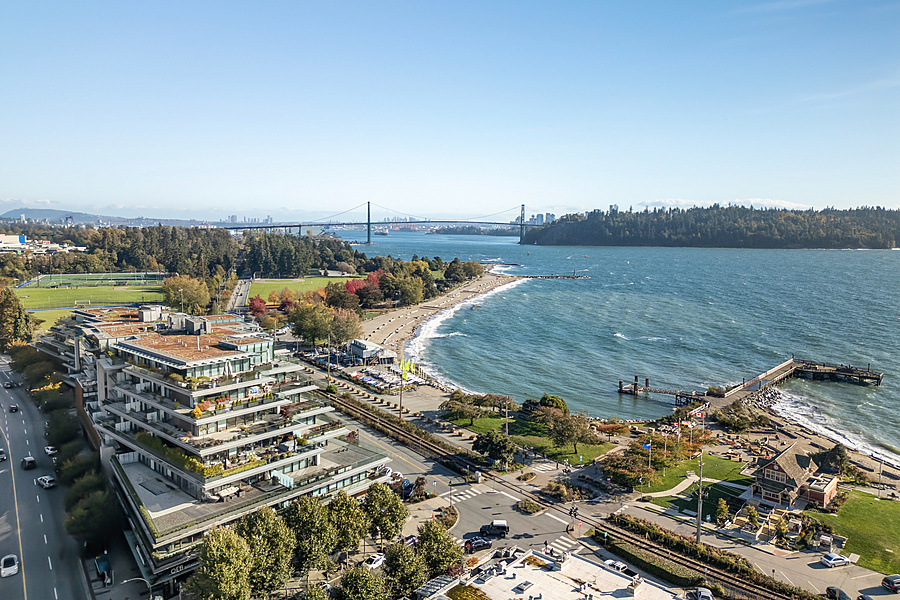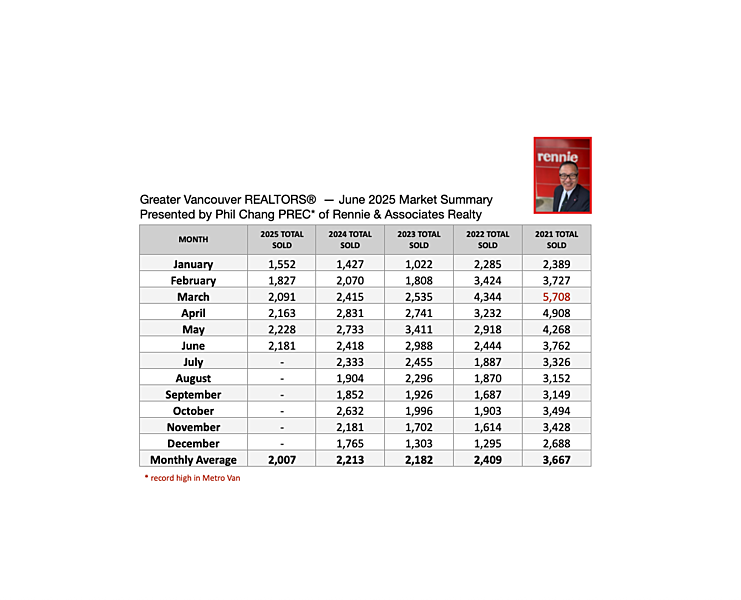by Joannah Connolly
It finally happened. Ontario’s Premier Kathleen Wynne announced a sweeping set of policy changes to the Greater Toronto Area housing market late last week, including a foreign buyer tax modelled on (but with a few key differences than) the one applied in Vancouver last summer.
It was widely speculated that this would be introduced to cool the GTA’s soaring housing market, and indeed this happened, along with new measures to improve rental housing supply and control rents. The Ontario government had been scrutinizing Vancouver’s foreign buyer tax and its effects closely since last August, and it seems that Wynne has taken on board lessons learned from the shoddy implementation of BC’s version of the tax, while agreeing with the fundamental principle of putting Canadian home buyers first.
In many ways the tax is extremely similar to BC’s tax on foreign buyers of Metro Vancouver real estate – it’s a 15 per cent additional transfer tax, paid upon transfer of land title, by those who are not citizens or permanent residents of Canada, or by foreign-based corporations. But the differences in implementation here really are key.
First, the GTA tax will not apply to purchases already under way but not yet closed. The province said that binding agreements of purchase and sale signed on or before April 20, 2017 are not subject to the levy. This means that, unlike Vancouver’s tax introduced in August 2016, unsuspecting buyers who are already in the purchase process will not be caught out and become collateral damage.
Second, a rebate will be available for buyers who later become citizens or permanent residents, as as well as foreign nationals who are legally working in Ontario and international students. So the tax is intended very clearly to target just those overseas buyers who are parking their money in Toronto real estate while not living there or contributing to the economy. This is why the Ontario government is describing it as a speculation tax.
So on the whole, Ontario seems to be making a better fist of it than the BC government did last summer, and the announcement tax has accordingly been met with far fewer objections.
However, the term “speculation tax” is something of a misnomer. A true speculation tax would be one applied to those who buy real estate, do not live in the property, and then sell at a profit. The levy would be applied not on the purchase but on the sale of the property, such as if it was flipped in less than a year, for example. Whereas Ontario’s new tax applies to any foreign national buyer, upon purchase of the property, whether they are speculating or not. An overseas buyer might be buying the home for their family to live in, for example, or to rent it out as a buy-and-hold investor. So really, it is a true foreign buyer tax, and not a speculation tax.
The other minor gripe I have with any such taxes is the implication that it is the fault of overseas buyers when home prices rocket. Of course, an influx of foreign money contributes to rising house prices, but so do multiple property purchases by local buyers, or by other Canadians. It doesn’t sit well with me that I, as a Canadian immigrant living in Vancouver, could easily buy a Toronto investment property and be charged no extra tax, but someone living across a border or on the other side of an ocean would be heavily penalized. Because really, what’s the difference? I’m no more a local to the Toronto housing market than a person in China, and considerably less so than someone in New York state. But I understand many people believe in the “Canadians first” approach and there’s an argument for that.
Whether Ontario’s new tax is successful in… whatever it is supposed to do, is another matter. And Wynne, at the press conference announcing the new measures, would not be pressed on exactly what she is hoping the tax will do.
Presumably, she aims to ape the effects of Vancouver’s tax, which has been a) to reduce demand and sales primarily at the high end, while b) having little to no effect on overall real estate prices (which would anger voting home owners) and c) to be seen to be “doing something” about the market ahead of this week’s Ontario budget.
It will be fascinating to see whether the GTA reacts to a foreign buyer tax in the same way Vancouver has. Watch this space…
Joannah Connolly is the editor and content manager of REW.ca and Real Estate Weekly newspaper, and editor-in-chief of Western Investor and West Coast Condominium.



